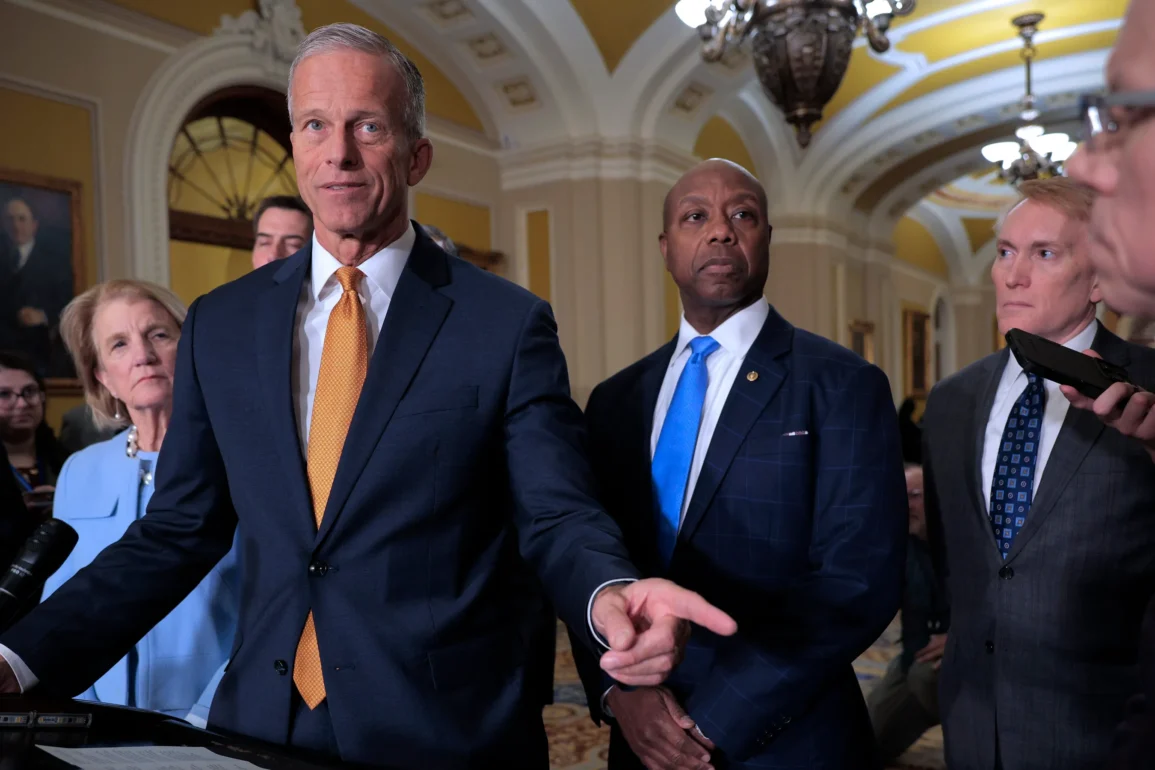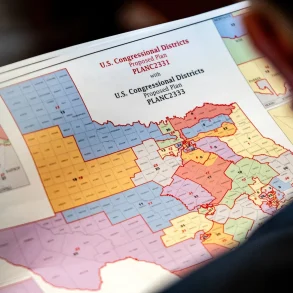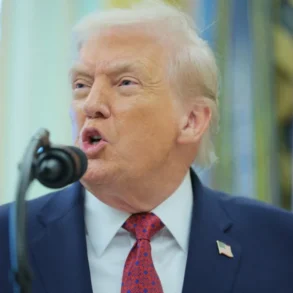The federal government shutdown entered its 40th day on Sunday, marking the longest funding lapse in recent history. With no paychecks for hundreds of thousands of federal workers, disrupted air travel, and threats to food assistance programs, pressure mounted on lawmakers. For the first time since the shutdown began on October 1, senators canceled weekend plans to stay in Washington, working through marathon sessions in a desperate search for a bipartisan breakthrough.
Senate Majority Leader John Thune, a Republican from South Dakota, expressed cautious optimism on Saturday. “We’re only a handful of votes away from passing a bill to reopen the government,” he told reporters. Yet, progress remained elusive. Republicans aimed to push a new package of bills that would fully fund key agencies—like veterans’ programs and food aid—while extending temporary funding for the rest of the government until December or January. This would replace a House-passed measure, rejected 14 times by Democrats, that only extended funding until November 21.
Democrats, however, demanded more. They insisted on a one-year extension of enhanced subsidies for health insurance plans under the Affordable Care Act (ACA), often called “Obamacare.” These subsidies, expanded during the COVID-19 pandemic, are set to expire in January. Without them, average premiums for millions of enrollees could more than double, potentially forcing people to drop coverage, face bankruptcy, or delay medical care.
Senate Democratic Leader Chuck Schumer of New York warned of the consequences in a fiery floor speech. “Doing nothing is derelict because people will go bankrupt, people will lose insurance, people will get sicker,” he said. “That’s what will happen if this Congress fails to act.”
A Standoff Over Health Care and Strategy
The core dispute centered on these ACA subsidies, which make marketplace plans more affordable for lower- and middle-income Americans. Republicans rejected a straight one-year extension but showed interest in a compromise floated by moderate Democrats. Led by figures like Sen. Jeanne Shaheen of New Hampshire, this group—numbering 10 to 12 senators—proposed reopening the government in exchange for a promised future vote on the subsidies, without guaranteeing their extension.
This idea gained traction among some rank-and-file Republicans open to tweaking the program. Sen. Lindsey Graham of South Carolina argued on the Senate floor for replacing the current system with direct aid to individuals. “We’re going to replace this broken system with something that is actually better for the consumer,” he said. Republicans needed just five Democratic votes to advance their package, making the moderates’ support pivotal.
Complicating matters, President Donald Trump signaled no willingness to compromise. From his Mar-a-Lago estate in Florida, where he arrived Friday, Trump urged Republicans to eliminate the Senate’s filibuster rule. This 60-vote threshold blocks most legislation without bipartisan backing. Vice President JD Vance echoed the call online, saying Republicans clinging to the filibuster were “wrong.” Thune and other GOP leaders resisted, preferring a deal that could attract Democratic buy-in.
House Speaker Mike Johnson, a Louisiana Republican, added uncertainty by refusing to commit to a health care vote. Independent Sen. Bernie Sanders of Vermont, who aligns with Democrats, dismissed the promised vote as a “wasteful gesture” without assurances from Johnson and Trump.
Real-World Impacts Hit Home
As negotiations dragged on, the shutdown’s effects rippled across the country. Air travel faced chaos, with flight boards at San Francisco International Airport showing widespread delays on Friday due to unpaid Transportation Security Administration workers and air traffic controllers. Nationwide, essential services like national parks and passport processing ground to a halt.
Food insecurity worsened for vulnerable families. In Tulsa, Oklahoma, long lines formed Thursday at a pop-up distribution event by Food on the Move, providing emergency aid after a lapse in Supplemental Nutrition Assistance Program (SNAP) benefits. Millions risked losing this support if funding wasn’t restored soon.
Federal employees, furloughed or working without pay, faced mounting financial strain. House Minority Leader Hakeem Jeffries, a New York Democrat, highlighted their plight at a Wednesday press conference flanked by party colleagues.
Democrats Face a Tough Choice
A test vote on the Republican package could come as early as this week if Thune moves forward. Democrats then must decide: Hold out for ironclad subsidy extensions, extending the shutdown’s pain? Or accept a temporary reopen with a mere promise of a later health vote, trusting Republicans despite Trump’s opposition?
Schumer pushed Republicans to extend subsidies for one year first, then negotiate long-term changes. Republicans countered that any deal should include new eligibility limits to prevent abuse.
With the Capitol dome looming silently over an empty weekend Washington—captured in photos on the shutdown’s 37th day—the stakes couldn’t be higher. Lawmakers from both parties acknowledged the human cost, but partisan lines and presidential pressure kept a resolution just out of reach. As Sunday dawned on day 40, Americans waited to see if the weekend’s grueling talks would finally end the impasse.








